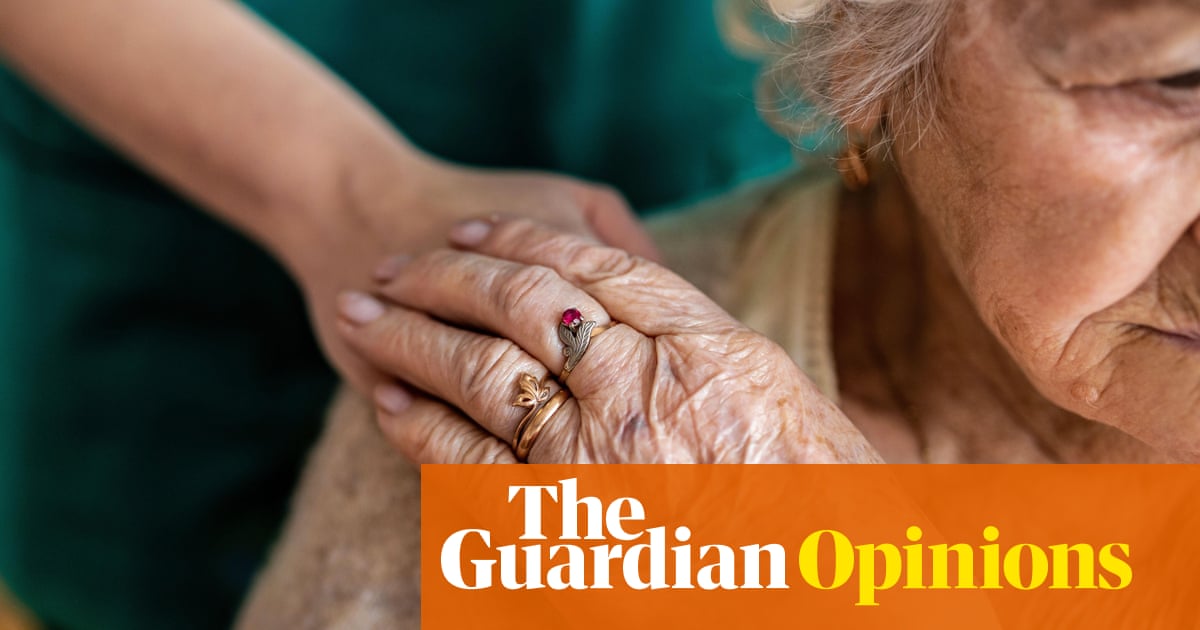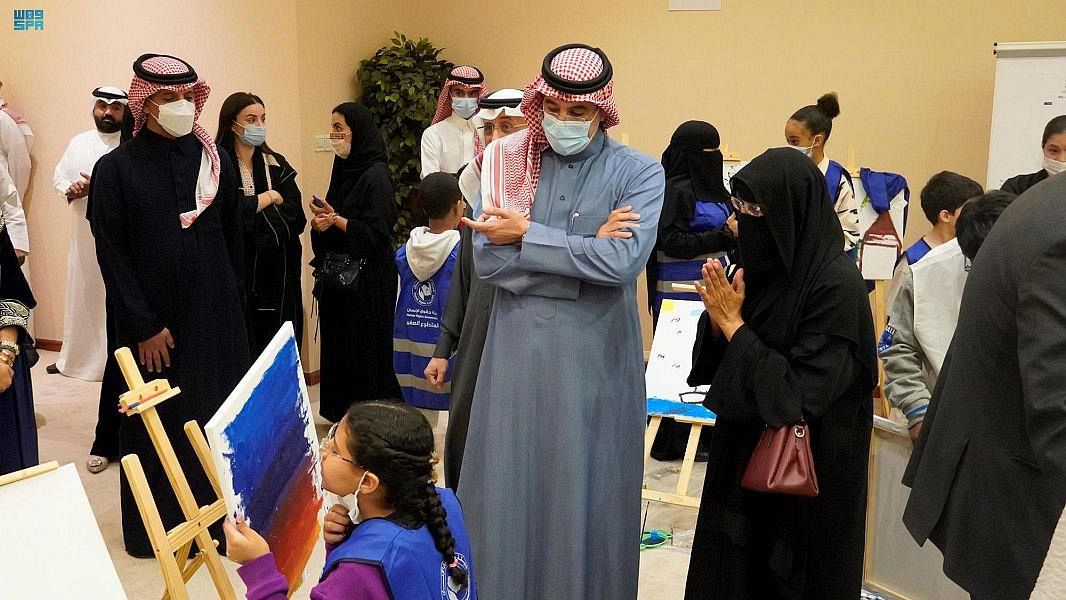
Dozens of care homes are still denying people access to their elderly relatives 20 months after the pandemic began, according to support groups.
Although ministers have urged care homes to allow relatives to visit, groups including the Relatives & Residents Association and Unlock Care Homes say that many are still unable to see elderly residents.
Since March, families have been able to nominate an “essential caregiver” (ECG) who can provide regular close support to a relative in a care home. About 70% of older care home residents have dementia, and research from John’s Campaign shows that relatives are often able to better interpret their behaviour and provide comfort.
Yet care providers are able to reject applications for ECG status. Diane Pickup of the Unlock Care Homes group, who has had a series of disputes with her mother’s care home, said she had been “turned down flat”.
In September, the Rights for Residents group, led by the West End actress Ruthie Henshall, delivered a petition signed by 250,000 people to Downing Street, calling for everyone living in care to have a legal right to an essential caregiver, but so far ministers have not acted. A survey of Rights for Residents members showed that nearly a quarter had been denied ECG status.
Figures from the Department of Health and Social Care show that 7.4% of care homes – more than 1,000 – are not allowing visits, although in most of these cases that is a temporary restriction due to a suspected Covid outbreak, according to the Care Quality Commission.
Helen Wildbore, the director of the Relatives & Residents Association, said the figures on care home visits were concerning because too many things were still unmeasured.
“The government’s statistics say around 92% of care homes are allowing visits. But the question asked is so broad that a care home could tick yes, even though they could be refusing access to essential caregivers, or only allowing families in half an hour a week. We’re really concerned that no one is monitoring this. We don’t know how many people have been refused essential caregiver status. We don’t know how many people are still only having 30 minutes a week.
“This is an attack on older people’s human rights, and it’s devastating for them and their families.
“Calls to our helpline show that everybody else in the rest of the country has moved on and people in care have been left behind – it’s discrimination. They are still living with restrictions on who they can see, while everybody else can travel the world and go nightclubbing.
“People who call us for help are in despair at the injustice of it. They feel there is no hope being offered. They ask us how long is this going to go on?”
Amanda Hunter of Unlock Care Homes said: “There is plenty of evidence that people are not getting any visits at all. They’re being told that, yes, they can have a 30-minute slot.
But if that’s booked up by somebody else, good luck. Often, it’s one family member per week.
“The whole idea that you have to book a slot to see your own family member, I just think it’s abhorrent. This should not be going on any more.”
Jane Smith used to visit her mother, Rita Hookway, for three hours a day before the lockdowns began. But during the pandemic restrictions, relations with the home deteriorated.
“Mum was served notice to leave just before Christmas,” she said.
Smith was refused ECG status, and since her mother’s death, in May, she has made complaints about the care her mother was given.
Last month, the parliamentary joint committee on human rights wrote to the Care Quality Commission asking why it had not acted on several recommendations made in May to monitor how care providers were enabling residents to receive visitors.
Harriet Harman, the committee’s chair, said in the letter: “It is clear that many care homes are implementing highly restrictive visiting rules, potentially contrary to the government’s guidance … there is a widespread concern among relatives and patients that restrictions are still being applied indiscriminately, and that family members are being barred from seeing their loved ones without proper individualised risk assessments being carried out.”
On Friday, the CQC responded that it had followed up on 51 suspected cases of blanket bans on visiting but it needed to take action against just two care providers.
Peter Wyman, the CQC chair, wrote: “We do not have the power, under the legislation given to us by parliament, to compel care homes to inform us of any changes to their visiting status. Similarly, under our legislation we do not have the power to require care homes to report their ‘live data on levels of visiting’, neither do we have the power to take action against those care homes that are not reporting changes to their visiting status to us.”












